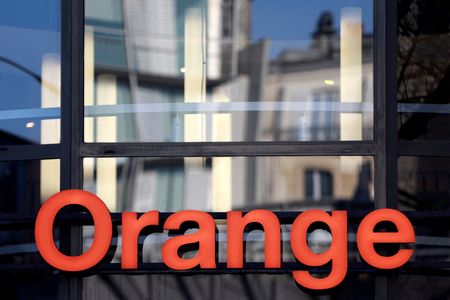By Sergio Goncalves
LISBON (Reuters) – Portugal’s fourth-largest bank, Novo Banco, is ready to explore opportunities of going public to diversify its shareholder base as it hopes to remain an independent entity, the executive board said in an email to employees late on Monday.
Novo Banco was created in 2014 from the remains of collapsed lender BES after a multi-billion-euro government bailout.
U.S. fund Lone Star acquired a 75% stake in 2017 and has since focused on de-risking, closing subsidiaries abroad, and offloading bad loans and real estate under tough restructuring commitments dictated by the bailout.
The Portuguese banking resolution fund and the state own the remaining 25% stake.
Last week, the shareholders agreed to end of the contingent capital mechanism, allowing the bank to start paying dividends and paving the way for any potential ownership changes, whether via an initial public offering or direct sale.
“We are now in a position to explore opportunities in the capital market that allow us to diversify our shareholder base and consolidate our position in the Portuguese financial sector,” the board said in the letter.
Sources with knowledge of the matter told Reuters in September that Lone Star was considering a sale as well as an initial public offering.
Analysts see room for further consolidation in the Portuguese banking sector.
The board, however, argues Novo Banco will be better off as a standalone lender.
“Being an independent bank is our goal, supported by the discipline and consistency of execution of our strategy, proven by three years of solid commercial and financial performance,” it said.
Novo Banco lost 1.3 billion euros ($1.37 billion) in 2020, pressured by impairments still linked to assets inherited from BES, but returned to profit in the following three years.
It made a consolidated net profit of 610 million euros in the first nine months of this year.
($1 = 0.9493 euros)
(Reporting by Sergio Goncalves; edititng by Andrei Khalip and Kevin Liffey)










